
Find Help
More Items From Ergsy search
-

What are the complications of sickle cell disease?
Relevance: 100%
-
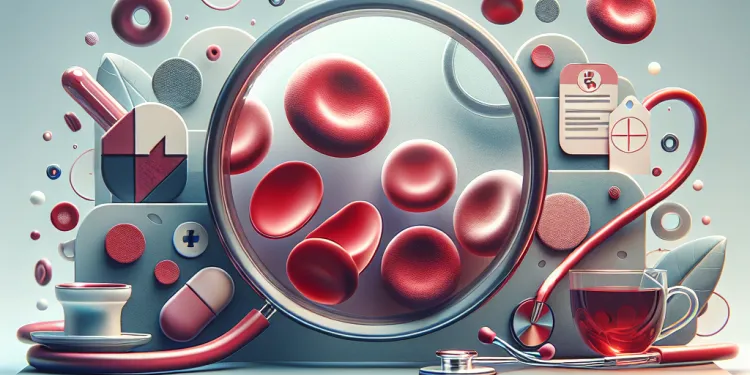
What is sickle cell disease?
Relevance: 89%
-

Introduction to Sickle cell disease
Relevance: 89%
-
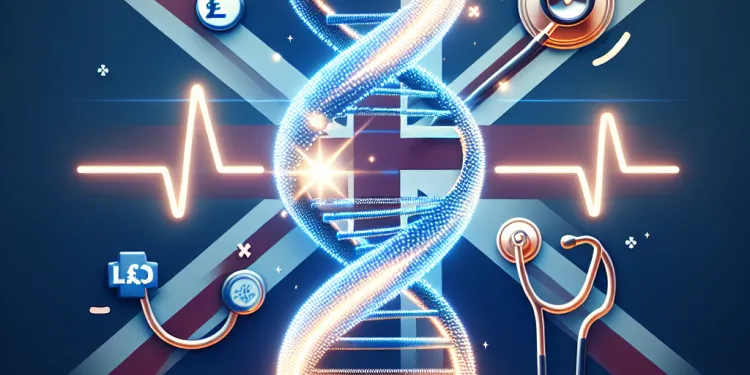
How is sickle cell disease treated?
Relevance: 84%
-
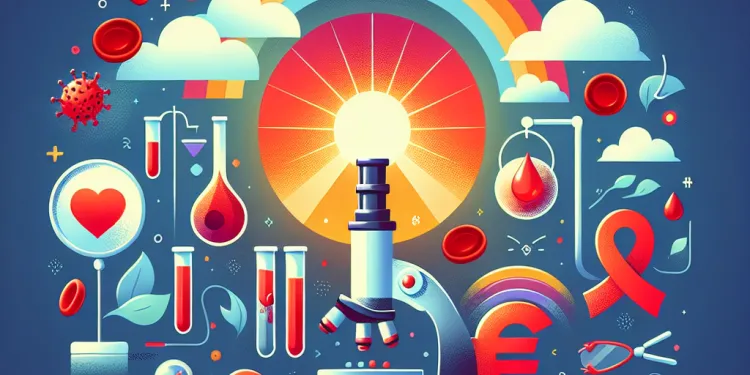
What are the symptoms of sickle cell disease?
Relevance: 82%
-
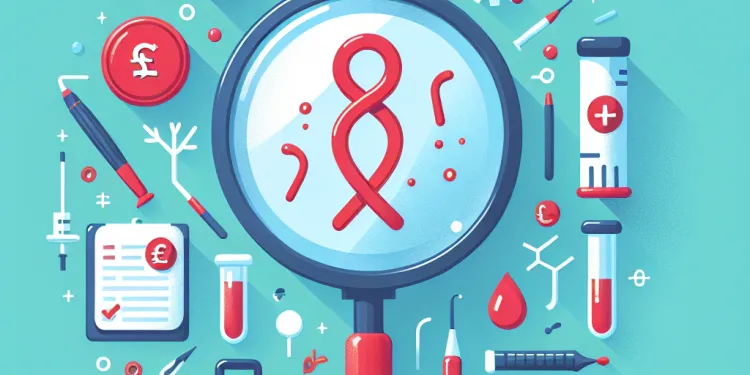
How is sickle cell disease diagnosed?
Relevance: 82%
-
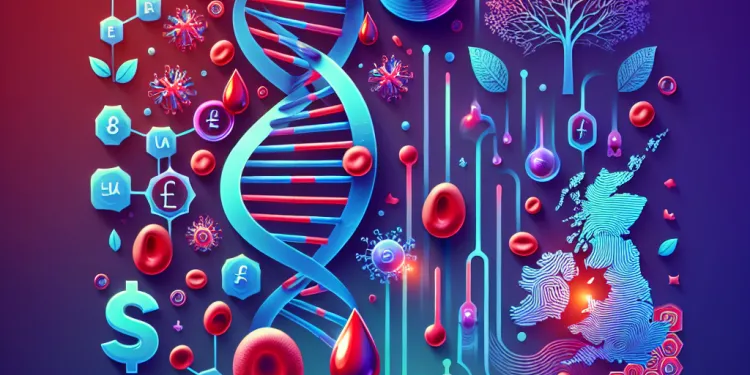
How is sickle cell disease inherited?
Relevance: 82%
-

Sickle cell anaemia | NHS
Relevance: 73%
-

Tour of the Sickle Cell and Thalassaemia Unit at City Hospital | SCaT
Relevance: 64%
-

Sickle cell patients share their experiences with the last NHS Chief Executive Amanda Pritchard
Relevance: 56%
-
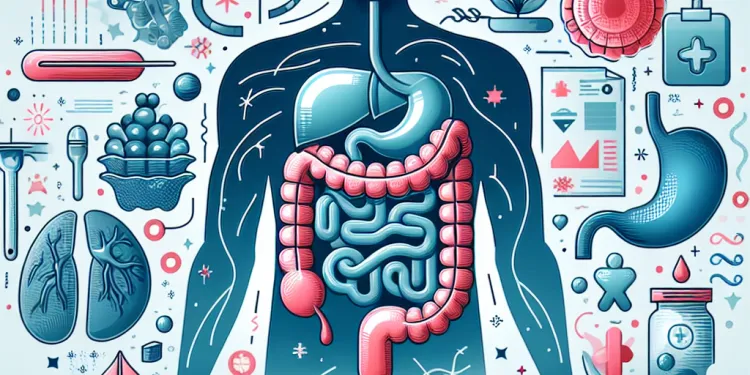
Are there any complications associated with Crohn's disease?
Relevance: 36%
-
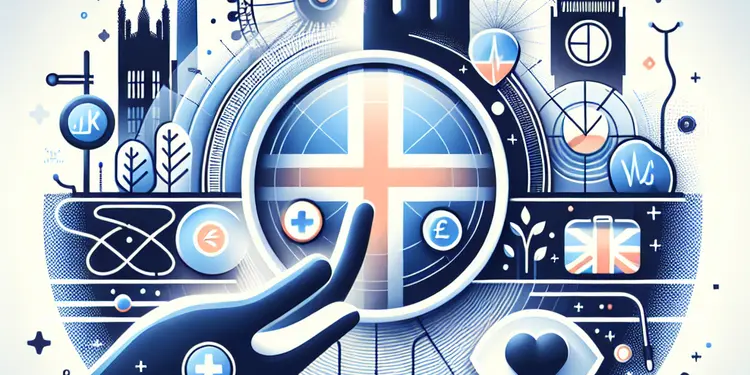
Can flesh-eating disease cause long-term complications?
Relevance: 34%
-
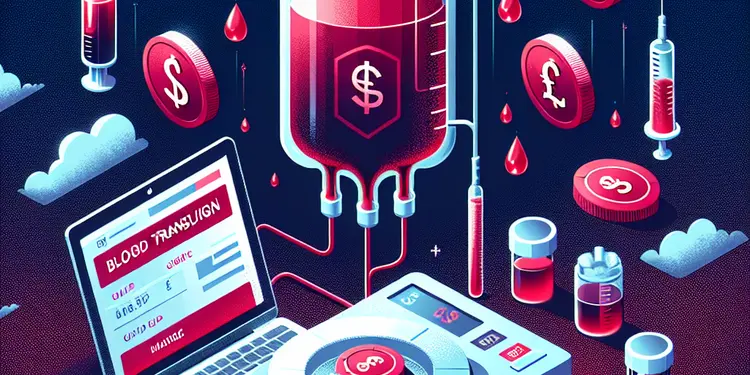
Why might someone need a blood transfusion?
Relevance: 32%
-
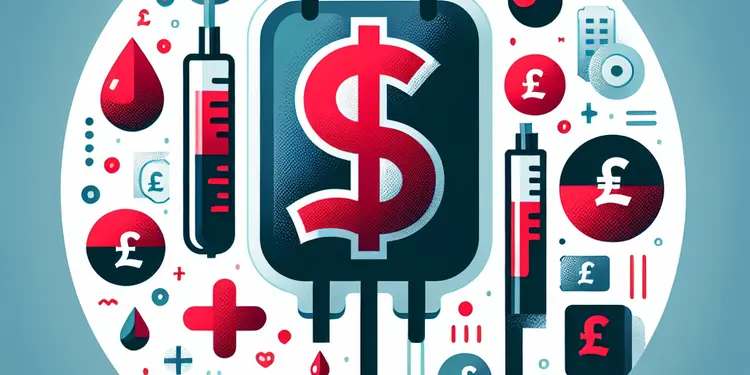
What are some common reasons blood transfusions are needed?
Relevance: 31%
-

Will I be in a shared or single cell?
Relevance: 30%
-
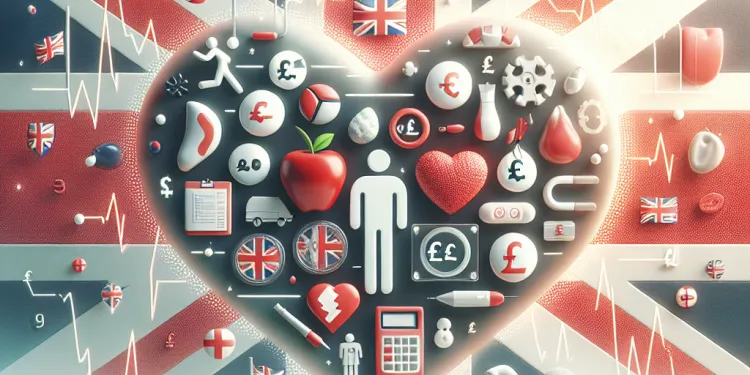
What complications are associated with Type 2 Diabetes?
Relevance: 27%
-

What are the complications of chickenpox?
Relevance: 27%
-
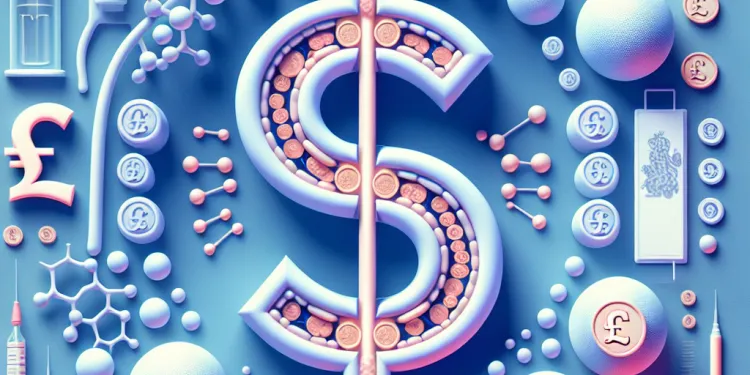
What is Mitochondrial disease?
Relevance: 26%
-

When do I find out about my cell assignment?
Relevance: 26%
-

Can measles cause complications?
Relevance: 25%
-
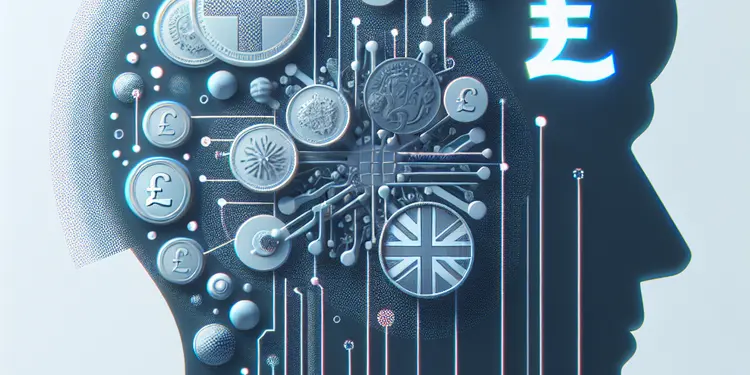
Can Huntington's disease be cured?
Relevance: 24%
-

Anaemia One stop shop
Relevance: 24%
-
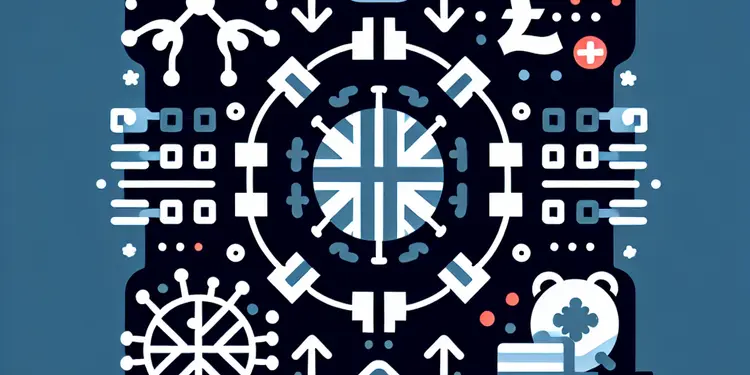
Who is most at risk for complications from H3N2?
Relevance: 24%
-
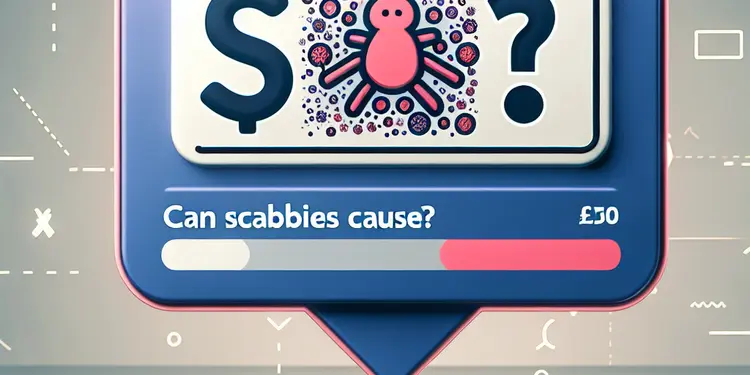
Can scabies cause complications?
Relevance: 24%
-

Is there a cure for motor neurone disease?
Relevance: 23%
-
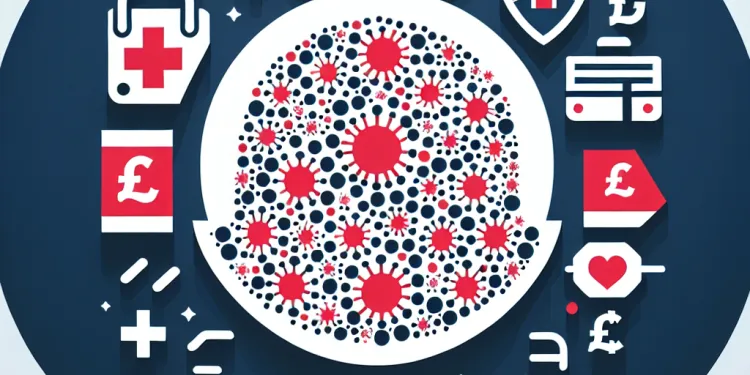
Are there any complications associated with shingles?
Relevance: 23%
-

What complications can arise from measles?
Relevance: 23%
-
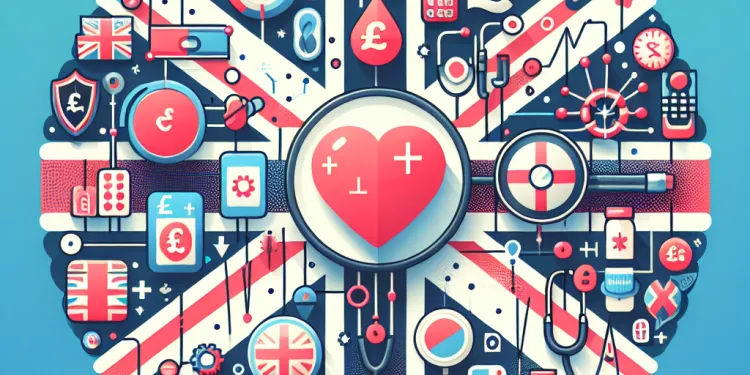
Are there any complications associated with shingles?
Relevance: 23%
-
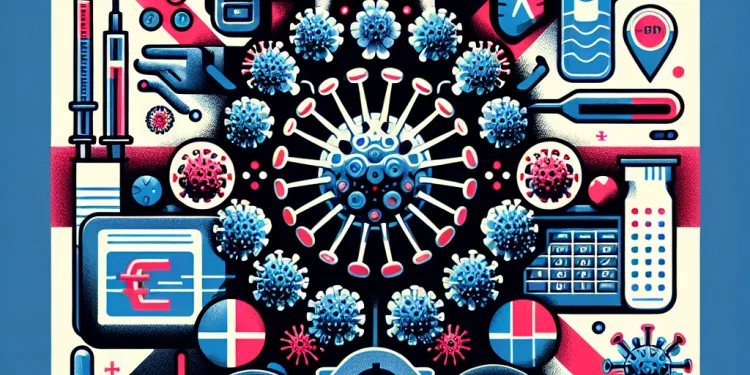
Can Nipah Virus cause neurological complications?
Relevance: 23%
-
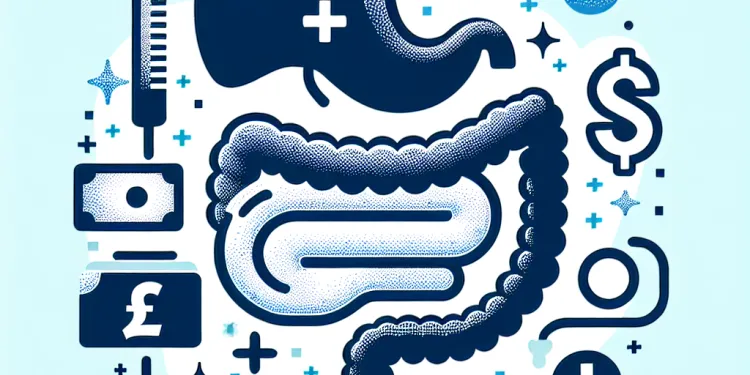
What are the potential complications of appendicitis?
Relevance: 23%
-
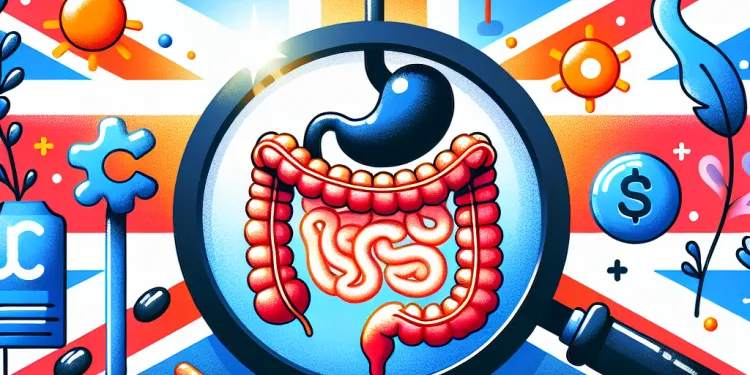
Is there a cure for Crohn's disease?
Relevance: 22%
-
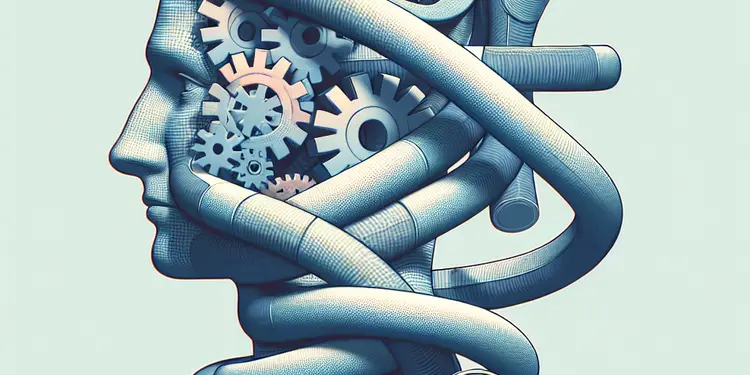
Is Huntington's disease fatal?
Relevance: 22%
-
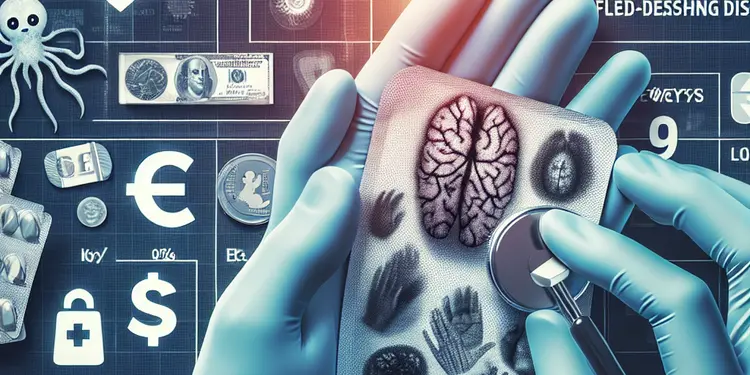
How is flesh-eating disease diagnosed?
Relevance: 22%
-
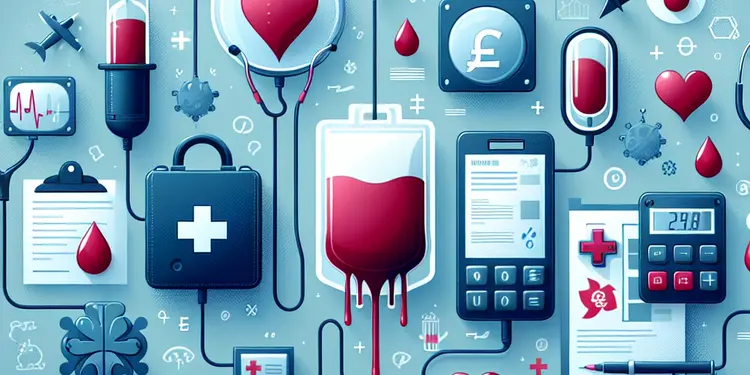
Can certain medical conditions prevent receiving blood transfusions?
Relevance: 22%
-

What causes Huntington's disease?
Relevance: 21%
-

Can meningitis cause long-term complications?
Relevance: 21%
-

What research is being done on Huntington's disease?
Relevance: 21%
-
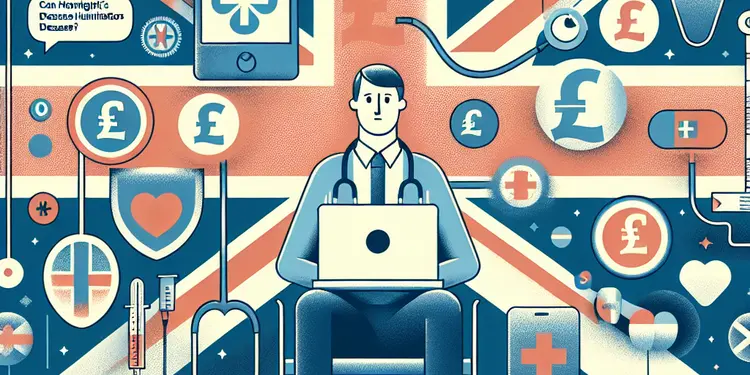
Can Huntington's disease be prevented?
Relevance: 21%
-

Can Lyme disease be treated?
Relevance: 21%
-

Can flesh-eating disease be treated?
Relevance: 21%
Introduction
Sickle cell disease (SCD) is a group of inherited blood disorders that primarily affect people of African and Caribbean descent but can also appear in other ethnic groups. The disease is marked by the presence of abnormal hemoglobin, known as hemoglobin S, which causes red blood cells to assume a sickle shape. These misshaped cells can cause numerous health complications. Understanding these complications is crucial for those affected and their families.
Pain Crises
One of the most common complications of sickle cell disease is vaso-occlusive crises, commonly known as pain crises. These occur when sickle-shaped red blood cells block blood flow through the tiny vessels in the chest, abdomen, and joints. This blockage can cause severe pain that may last for hours to days and often requires hospital treatment. Repeated episodes can lead to chronic pain conditions and permanent damage to bones and tissues.
Anaemia and Jaundice
Patients with SCD often experience chronic anemia, a condition where there are not enough red blood cells to carry sufficient oxygen throughout the body. This results from the short lifespan of sickle cells compared to normal red blood cells. The body cannot produce new red blood cells quickly enough to maintain normal levels, leading to fatigue, weakness, and shortness of breath. Additionally, the breakdown of red blood cells can result in jaundice, characterized by yellowing of the skin and eyes.
Increased Infection Risk
People with sickle cell disease are at a heightened risk of infections. This is partly due to the spleen's damage from repeated blockages and sickle cell trapping, impairing its function in fighting infections. Individuals with SCD are particularly susceptible to severe bacterial infections, which can be life-threatening if not treated promptly. Vaccinations and prophylactic antibiotics are often recommended to help mitigate this risk.
Organ Damage
The repeated episodes of blocked blood flow and anemia associated with SCD can lead to damage in several organs. Over time, organs such as the spleen, liver, heart, kidneys, and lungs may suffer from complications due to impaired blood flow and oxygen delivery. For example, sickle cell anemia can lead to pulmonary hypertension, a serious condition characterized by high blood pressure in the blood vessels of the lungs, causing breathlessness and leading to heart failure if untreated.
Stroke
Stroke is a severe complication that can occur in both children and adults with sickle cell disease. It results from blockages in blood flow to the brain due to sickled cells. Survivors of stroke often face long-term neurological challenges and disabilities, requiring rehabilitation and ongoing medical support.
Conclusion
Sickle cell disease encompasses a wide range of potential complications that can vary in severity from person to person. Regular medical check-ups, preventive treatments, and appropriate management strategies are essential for reducing complications and improving the quality of life for individuals with SCD. Awareness and understanding of these complications can aid in better preparation and response to the challenges posed by this chronic condition.
Introduction
Sickle cell disease is a group of blood problems that people inherit from their parents. It mostly affects people with African and Caribbean backgrounds, but it can also affect others. In this disease, the red blood cells in the body are shaped like a banana or sickle, which is not normal. These funny-shaped cells can cause health problems. Knowing about these problems is important for people with the disease and their families.
Pain Crises
Pain crises are a common problem for people with sickle cell disease. These happen when the sickle-shaped blood cells block blood from flowing usually in the chest, belly, and joints. This block can cause a lot of pain that might last for hours or days. Sometimes, going to the hospital is needed to feel better. Having pain crises over and over again can lead to long-lasting pain and damage to bones and tissues.
Anemia and Jaundice
People with sickle cell disease often have anemia. This means they do not have enough red blood cells to carry oxygen all around the body. Sickle cells do not live as long as normal red blood cells, leading to tiredness, weakness, and trouble breathing. Also, when red blood cells break down, skin and eyes can turn yellow, which is called jaundice.
Increased Infection Risk
Those with sickle cell disease can get infections more easily. This happens because the spleen, an organ that helps fight infections, does not work as it should due to blockages and sickle cells. People with this disease need to be careful because they can get very sick from bacteria. Vaccines and special medicines can help keep them safe from infections.
Organ Damage
Sickle cell disease can hurt important body parts over time because of the blockages and lack of oxygen in the blood. For example, the spleen, liver, heart, kidneys, and lungs might not work well. A serious problem can be high blood pressure in the lungs, which makes it hard to breathe and can lead to heart problems if not treated.
Stroke
A stroke is a very serious problem that can happen when blood flow to the brain is blocked by sickle cells. It can occur in both kids and adults with sickle cell disease. A stroke can cause lasting problems with movement, speech, and other brain functions. People who have a stroke need help to get better and need to see doctors regularly.
Conclusion
Sickle cell disease has many possible problems that can range from mild to serious. It is important to see doctors regularly, get preventive treatments, and know how to handle issues to help reduce problems and improve life quality. Understanding these challenges helps people with sickle cell disease prepare and deal with their condition better.
Frequently Asked Questions
What are the general health complications associated with sickle cell disease?
Sickle cell disease can lead to a variety of complications including severe pain episodes, anemia, infections, and damage to organs due to blocked blood flow.
How does sickle cell disease cause pain episodes?
Pain episodes, or crises, occur when sickle-shaped red blood cells block blood flow through tiny blood vessels to the chest, abdomen, and joints, causing pain.
Can sickle cell disease cause stroke?
Yes, sickle cell disease can increase the risk of stroke due to blocked blood flow to the brain, particularly in children and young adults.
Is anemia a constant issue with sickle cell disease?
Yes, people with sickle cell disease often experience chronic anemia because the sickle-shaped cells die prematurely, leading to a shortage of red blood cells.
Why are people with sickle cell disease more prone to infections?
Sickle cell disease can damage the spleen, an organ that helps fight infections, making individuals more susceptible to infections.
Can sickle cell disease affect growth and development?
Yes, children with sickle cell disease may experience delayed growth and puberty due to chronic anemia and poor oxygen delivery.
How does sickle cell disease impact the heart?
The persistent anemia and oxygen deficiency can lead to heart complications, including enlargement of the heart and heart failure.
What impact does sickle cell disease have on the lungs?
Acute chest syndrome, a life-threatening complication, can occur due to sickle cells blocking blood flow in the lungs, leading to chest pain and difficulty breathing.
Are kidney problems associated with sickle cell disease?
Yes, sickle cell disease can lead to kidney damage due to the repeated stress of anemia and blockage of small blood vessels.
Can sickle cell disease cause eye problems?
Yes, the disease can affect blood vessels in the eyes, potentially leading to vision problems or even blindness if not managed properly.
What is priapism and how is it linked to sickle cell disease?
Priapism is a painful, prolonged erection caused by sickle cells blocking blood flow in the penis, and it can lead to impotence if not treated promptly.
Does sickle cell disease impact mental health?
Yes, the chronic pain and complications can lead to mental health challenges such as anxiety and depression in individuals with sickle cell disease.
Can sickle cell disease cause gallstones?
Yes, due to the rapid breakdown of red blood cells, there's an increased risk of developing gallstones.
How does sickle cell disease affect the liver?
Sickle cell disease can cause liver damage and a condition known as sickle hepatopathy due to repeated blockages and abnormal blood flow.
What is leg ulceration and how is it related to sickle cell disease?
Leg ulcers are open sores or wounds that can occur due to poor blood flow and oxygen delivery, a common problem in sickle cell disease.
How does sickle cell disease impact pregnancy?
Pregnancy in women with sickle cell disease carries higher risks, including increased chances of preterm delivery, low birth weight, and prenatal complications.
What complications arise from chronic pain in sickle cell disease?
Chronic pain can lead to disability, decreased quality of life, and the potential for opioid dependency due to the need for pain management.
Are there any skin complications from sickle cell disease?
Yes, reduced blood flow can lead to skin changes and delayed wound healing, increasing the risk of skin infections.
Can sickle cell disease cause bone and joint problems?
Yes, blocked blood flow can lead to bone damage and conditions such as osteonecrosis, affecting the joints.
What dietary considerations should be taken for someone with sickle cell disease?
A balanced diet rich in vitamins, minerals, and hydration is important to support healthy red blood cell production and overall health.
What health problems can happen with sickle cell disease?
Sickle cell disease is when blood cells are not the right shape. This can make you feel sick. Here are some things that might happen:
- Pain in different parts of the body. This is called a "pain crisis."
- Feeling very tired a lot of the time. This is because your blood cells cannot carry enough oxygen.
- Getting infections more often. It's important to be careful and see a doctor if you feel unwell.
- Problems with seeing clearly or trouble with eyesight.
- Swelling in hands and feet.
It's helpful to talk to a doctor or nurse about how to feel better. Drawing pictures or using a health app can help understand your body and what it needs.
Sickle cell disease can cause many problems. It can give you bad pain, make you tired because of low blood, cause infections, and harm your body because blood can't flow properly.
Why does sickle cell disease cause pain?
Sickle cell disease is when some blood cells are shaped like a "C".
These cells can get stuck in small blood tubes. This stops blood from moving smoothly.
When blood doesn't move well, it hurts. This is called a "pain episode".
If you have pain, you can use heat packs, drink lots of water, or talk to a doctor.
Pain episodes happen when sickle-shaped red blood cells block blood flow. This can cause pain in the chest, stomach, and joints.
If you find reading hard, try using audiobooks or reading tools like a text-to-speech app. They can help make reading easier and more fun!
Can sickle cell disease cause a stroke?
Sickle cell disease is a blood problem. It can make some blood cells look like a "C" shape.
These "C" shaped cells can get stuck in small blood tubes. This can stop blood from moving like it should.
When blood can't move to the brain, it can cause a stroke. A stroke is when the brain doesn’t get enough blood and oxygen.
Here are some tips to learn more:
- Ask a doctor or nurse questions.
- Use pictures and stories to understand better.
- Watch videos about the topic.
Sickle cell disease can make it more likely for someone to have a stroke. This is because it can block blood from getting to the brain. This is especially true for kids and young adults.
Do people with sickle cell disease always have anemia?
If you have sickle cell disease, you might often have anemia. Anemia is when you don't have enough red blood cells. This can make you feel tired or weak.
If you want to learn more, you can use helpful tools like pictures or videos. Talking to a doctor or nurse can help too!
People with sickle cell disease often have something called chronic anemia. This means they do not have enough red blood cells. It happens because the sickle-shaped cells in their blood die too soon.
Why Do People with Sickle Cell Disease Get Infections Often?
People with sickle cell disease can get sick more easily. This happens because their bodies have trouble fighting germs.
Here are a few reasons why:
- Their blood cells are not shaped right. This can slow down blood flow and make it hard for good cells to fight germs.
- Important body parts that help fight sickness, like the spleen, may not work well.
If you have sickle cell disease, it's important to:
- Visit the doctor regularly. They can give you medicine to help.
- Get vaccinations. These can protect you from some germs.
Supportive tools like pictures and videos can help explain these ideas better. Ask an adult if you have questions.
Sickle cell disease can hurt the spleen. The spleen is a body part that helps you fight germs and sickness. When the spleen is damaged, people can get sick more easily.
Does sickle cell disease change how kids grow?
Yes, kids with sickle cell disease might grow slower and start puberty later than others. This happens because they often have low levels of red blood cells and their bodies don't get enough oxygen.
How does sickle cell disease affect the heart?
Sickle cell disease can make the heart work harder. This can happen because the blood flow is not smooth. The red blood cells can change shape and get stuck. When blood cells get stuck, it can be hard for blood to reach the heart easily. This might make the heart tired or weak over time.
Some tools and techniques can help understand and manage this:
- Picture diagrams: Look at pictures that show how blood moves through the heart.
- Models: Use a heart model to see how the heart works.
- Short videos: Watch simple videos that explain what happens when blood cells change shape.
- Doctor visits: Talk to doctors who can explain in a simple way.
Remember, it's okay to ask questions if you don't understand. Talking with a grown-up you trust can help too.
Being tired all the time and not having enough oxygen can make your heart sick. Your heart might get bigger and not work well anymore.
How does sickle cell disease affect the lungs?
Sickle cell disease can make lungs not work well.
This happens because:
- Blood can't carry oxygen easily.
- The lungs might get damaged.
- You might feel short of breath.
To help, you can:
- Visit your doctor.
- Do breathing exercises.
- Use medicine if needed.
Ask for help if you find it hard to breathe.
Acute chest syndrome can happen if you have sickle cell disease. It is very serious and can make it hard for blood to move in your lungs. This can cause chest pain and trouble breathing.
If you are finding it hard to read, try using tools like text-to-speech apps. They can read the words out loud for you. You can also ask someone to help you understand.
Can sickle cell disease cause kidney problems?
Yes, sickle cell disease can hurt the kidneys. This happens because sickle cell disease makes it hard for blood to flow and causes anemia, which is when your blood doesn't have enough healthy cells.
Can sickle cell disease cause eye problems?
Yes, sickle cell disease can hurt your eyes. It can make it hard to see clearly.
Here are some helpful tips for understanding:
- Ask an adult to help explain things.
- Look at pictures or videos about sickle cell disease.
- Use apps that read text out loud to you.
Yes, this sickness can hurt the tiny tubes that carry blood in your eyes. This can make it hard to see or even cause you to go blind if you don't take care of it.
What is priapism and how is it linked to sickle cell disease?
Priapism means a painful erection that lasts too long. It's when the penis stays hard for hours even when the person doesn't want it to.
People with sickle cell disease can get priapism because their blood cells can block blood flow. This can make too much blood stay in the penis, causing a long and painful erection.
If you have sickle cell disease, talk to a doctor if you get a long-lasting erection. They can help treat it.
Using a picture or watching a short video about sickle cell disease can help you understand better. Talking with someone you trust, like a family member or teacher, can also help.
Priapism is when you have a sore, long-lasting erection. It happens because sickle cells block blood in the penis. If you don't get help quickly, it can cause problems like not being able to get an erection later on.
Can sickle cell disease affect how we feel?
Sickle cell disease is a blood problem. It can make people feel tired and in pain. This can make them feel sad or worried sometimes.
Here are ways to help:
- Talk to a doctor when feeling sad or worried.
- Join a support group to meet others with the same problem.
- Practice deep breathing to feel calm.
- Ask for help from family and friends.
Yes, people with sickle cell disease can feel worried or sad because of the pain and other problems. This is called anxiety and depression.
Can sickle cell disease cause gallstones?
Sickle cell disease is a blood problem. It can make your red blood cells change shape. This can sometimes cause small stones, called gallstones, to form in your body.
If you think you might have gallstones, tell a doctor. They can help you. Reading tools or having someone read this to you can also be helpful.
Yes, because red blood cells break down quickly, there is a higher chance of getting gallstones.
How does sickle cell disease affect the liver?
Sickle cell disease is when red blood cells are not shaped right. They look like a sickle or a C shape. This can cause problems in the body.
The liver is an organ in your body that helps clean the blood. It also helps with other important jobs.
When you have sickle cell disease, the sickle-shaped cells can get stuck in the liver. This can hurt the liver. It might make the liver not work well.
If you want help to understand better, you can use pictures or ask someone to explain it to you in a different way. Listening to audio books or using apps that read text out loud can also be helpful.
Sickle cell disease can hurt the liver. It can also cause a problem called sickle hepatopathy. This happens because blood flow is blocked or doesn't flow right.
What are leg sores and how do they link to sickle cell disease?
People with sickle cell disease can get sore spots on their legs. These are called leg sores.
Sickle cell disease is when red blood cells are shaped like a sickle or a banana. These cells can block blood flow. This can cause leg sores.
If you have sickle cell disease and leg sores, talk to your doctor. They can help.
Use pictures to help you understand better. Reading with someone can also help.
Leg ulcers are open sores on the skin. They happen when blood cannot flow well. This is common in people with sickle cell disease.
How does sickle cell disease affect pregnancy?
Sickle cell disease is a condition that affects the blood. It can make it harder to carry oxygen around the body. This can be a problem when you are pregnant.
Pregnancy with sickle cell disease can be risky. It can cause pain, tiredness, and other health issues for both the mother and the baby. It might make it harder for the baby to grow as expected.
Doctors can help. It is important to have regular check-ups. This will help to keep both mother and baby healthy.
If you are pregnant and have sickle cell disease, it is good to talk to your doctor. They can give you advice and support. You can also use apps or devices that help remind you to take medicine.
When a woman with sickle cell disease is pregnant, there are more risks. There is a higher chance the baby will be born early (preterm delivery), may not weigh enough (low birth weight), and may have problems before birth (prenatal complications).
For help, use simple tools like pictures or videos to understand better. A trusted adult or teacher can also help explain things in a clear way.
What problems does long-term pain cause in sickle cell disease?
People with sickle cell can have pain that lasts a long time. This long-lasting pain can cause problems.
Some problems are:
- Trouble sleeping
- Feeling sad or worried
- Difficulty doing daily activities
To help with these problems, you can:
- Talk to a doctor
- Use relaxation techniques
- Join a support group
Chronic pain means you hurt all the time. It can make you unable to do things you like. It might make life not as fun. Sometimes, people take strong medicine to help with the pain. This medicine can be dangerous if used too much.
Here are some things that might help:
- Telling a doctor or nurse how you feel.
- Using soft pillows or warm blankets to feel better.
- Breathing in and out slowly to help relax.
Can sickle cell disease cause skin problems?
Sickle cell disease can cause some skin problems. If you have sickle cell disease, your skin might hurt or get sores.
If you notice any changes on your skin, tell your doctor or a nurse.
Here are some tips to help:
- Be gentle with your skin: Use lotion to keep it soft.
- Keep an eye on your skin: Look at it every day for any changes.
- Get help: Talk to a doctor or nurse if your skin feels bad or looks different.
Yes, when blood doesn't flow well, it can change your skin and slow down healing. This makes it easier to get skin infections.
Can sickle cell disease cause problems with bones and joints?
Yes, sickle cell disease can make bones and joints hurt or have problems. This happens because sickle-shaped blood cells can block blood flow. This might cause pain and damage to the bones.
To help understand and learn more, try using simple pictures or videos. They can show how sickle cell disease affects the body. Talking to a doctor or nurse who knows about sickle cell disease can help too.
Yes, when blood can't flow properly, it can hurt the bones. This can cause problems like osteonecrosis, which means the joints get damaged.
What food choices are important for someone with sickle cell disease?
If you have sickle cell disease, it is important to eat healthy foods.
Here are some tips:
- Drink lots of water every day. This helps your body a lot.
- Eat lots of fruits and vegetables. They have vitamins that keep you strong.
- Eat foods with iron, like beans, spinach, and red meat. Iron is good for your blood.
- Avoid junk food, like chips and candy. These are not good for your health.
If reading is hard, try using audiobooks that read out the text. You can also ask someone to read with you.
Eating different kinds of food and drinking water is important. This helps your body make red blood cells and keeps you healthy.
Here are some helpful tips:- Eat fruits and vegetables. They have vitamins and minerals.
- Drink plenty of water. It keeps your body strong.
- Try coloring in a picture while you learn. This can make learning more fun.
- Use apps that read aloud to help you understand better.
Useful Links
This website offers general information and is not a substitute for professional advice.
Always seek guidance from qualified professionals.
If you have any medical concerns or need urgent help, contact a healthcare professional or emergency services immediately.
Some of this content was generated with AI assistance. We’ve done our best to keep it accurate, helpful, and human-friendly.
- Ergsy carfully checks the information in the videos we provide here.
- Videos shown by Youtube after a video has completed, have NOT been reviewed by ERGSY.
- To view, click the arrow in centre of video.
- Most of the videos you find here will have subtitles and/or closed captions available.
- You may need to turn these on, and choose your preferred language.
- Go to the video you'd like to watch.
- If closed captions (CC) are available, settings will be visible on the bottom right of the video player.
- To turn on Captions, click settings .
- To turn off Captions, click settings again.
More Items From Ergsy search
-

What are the complications of sickle cell disease?
Relevance: 100%
-

What is sickle cell disease?
Relevance: 89%
-

Introduction to Sickle cell disease
Relevance: 89%
-

How is sickle cell disease treated?
Relevance: 84%
-

What are the symptoms of sickle cell disease?
Relevance: 82%
-

How is sickle cell disease diagnosed?
Relevance: 82%
-

How is sickle cell disease inherited?
Relevance: 82%
-

Sickle cell anaemia | NHS
Relevance: 73%
-

Tour of the Sickle Cell and Thalassaemia Unit at City Hospital | SCaT
Relevance: 64%
-

Sickle cell patients share their experiences with the last NHS Chief Executive Amanda Pritchard
Relevance: 56%
-

Are there any complications associated with Crohn's disease?
Relevance: 36%
-

Can flesh-eating disease cause long-term complications?
Relevance: 34%
-

Why might someone need a blood transfusion?
Relevance: 32%
-

What are some common reasons blood transfusions are needed?
Relevance: 31%
-

Will I be in a shared or single cell?
Relevance: 30%
-

What complications are associated with Type 2 Diabetes?
Relevance: 27%
-

What are the complications of chickenpox?
Relevance: 27%
-

What is Mitochondrial disease?
Relevance: 26%
-

When do I find out about my cell assignment?
Relevance: 26%
-

Can measles cause complications?
Relevance: 25%
-

Can Huntington's disease be cured?
Relevance: 24%
-

Anaemia One stop shop
Relevance: 24%
-

Who is most at risk for complications from H3N2?
Relevance: 24%
-

Can scabies cause complications?
Relevance: 24%
-

Is there a cure for motor neurone disease?
Relevance: 23%
-

Are there any complications associated with shingles?
Relevance: 23%
-

What complications can arise from measles?
Relevance: 23%
-

Are there any complications associated with shingles?
Relevance: 23%
-

Can Nipah Virus cause neurological complications?
Relevance: 23%
-

What are the potential complications of appendicitis?
Relevance: 23%
-

Is there a cure for Crohn's disease?
Relevance: 22%
-

Is Huntington's disease fatal?
Relevance: 22%
-

How is flesh-eating disease diagnosed?
Relevance: 22%
-

Can certain medical conditions prevent receiving blood transfusions?
Relevance: 22%
-

What causes Huntington's disease?
Relevance: 21%
-

Can meningitis cause long-term complications?
Relevance: 21%
-

What research is being done on Huntington's disease?
Relevance: 21%
-

Can Huntington's disease be prevented?
Relevance: 21%
-

Can Lyme disease be treated?
Relevance: 21%
-

Can flesh-eating disease be treated?
Relevance: 21%


